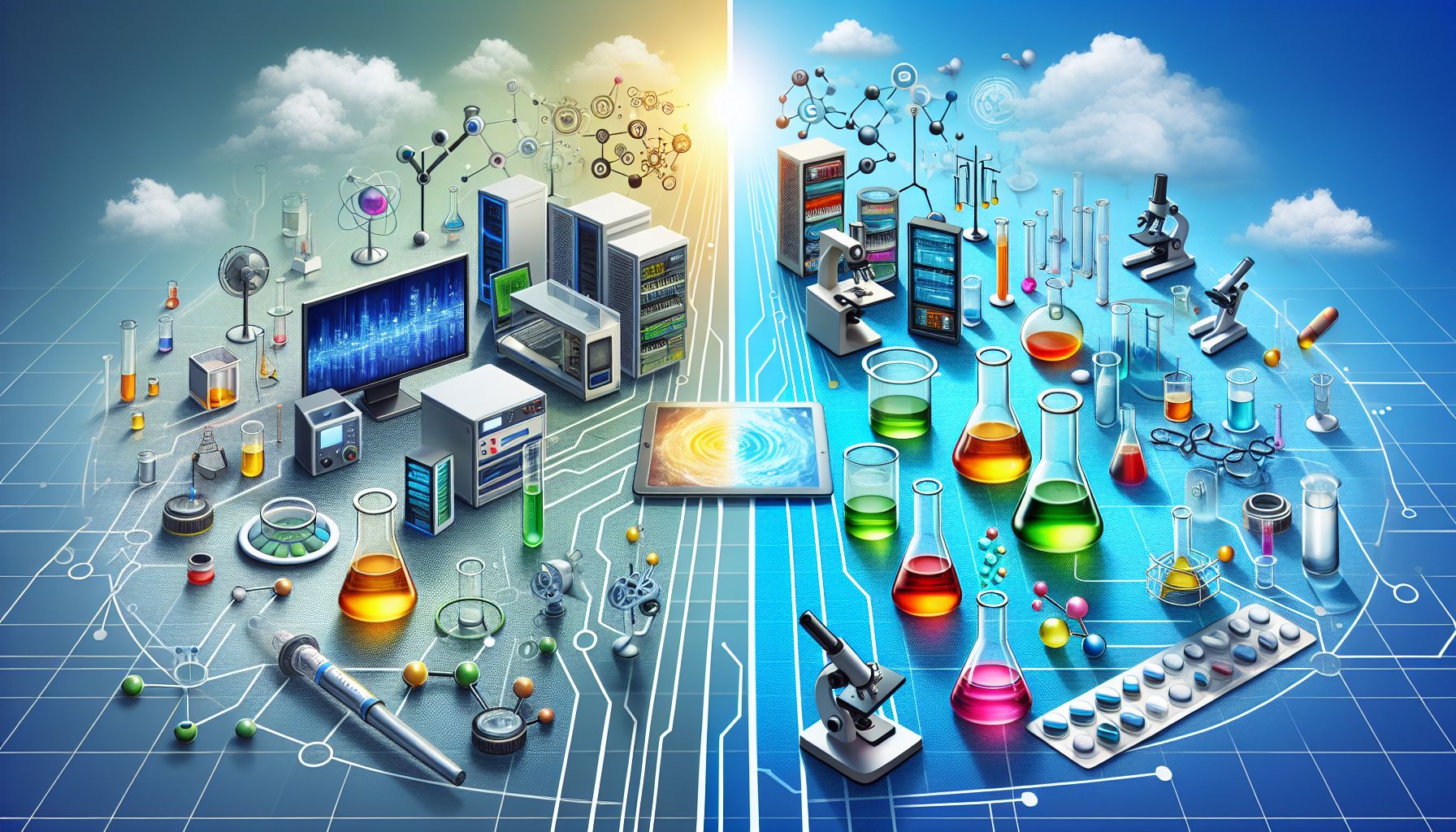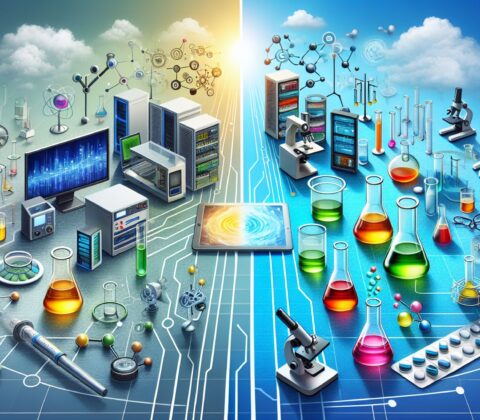

The Intersection of Technology and Pharmaceutical Products
In today’s fast-paced world, technology is transforming every aspect of our lives, including the healthcare industry. The marriage of technology and pharmaceutical products has opened up a whole new realm of possibilities, revolutionizing the way we research, develop, and deliver medications. As we embrace these advancements, the potential for improved patient outcomes and increased efficiency in healthcare is unparalleled.
The Rise of Telemedicine
One of the most significant advancements resulting from the intersection of technology and pharmaceutical products is the rise of telemedicine. With the advent of video conferencing and online communication platforms, patients can now connect with healthcare providers virtually. This has proven to be particularly beneficial for individuals living in remote areas, saving them from long and costly trips to medical facilities.
Telemedicine has also transformed the prescription process. In many cases, after a virtual consultation, physicians can electronically transmit prescriptions directly to a patient’s pharmacy of choice. This eliminates the need for physical paper prescriptions and allows for more accurate and efficient medication management.
- https://www.opendata.nhs.scot/fr/user/acheterpriligysansordonnance
- https://www.opendata.nhs.scot/fr/user/acheterlevitrasansordonnance
- https://www.opendata.nhs.scot/fr/user/achetertadacipsansordonnance
- https://www.opendata.nhs.scot/fr/user/achetermodafinilsansordonnance
- https://www.opendata.nhs.scot/fr/user/acheterarmodafinilsansordonnance
- https://www.opendata.nhs.scot/fr/user/achetermethylphenidatesansordonnance
- https://www.opendata.nhs.scot/fr/user/acheterstratterasansordonnance
- https://www.opendata.nhs.scot/fr/user/acheteratomoxetinesansordonnance
- https://www.opendata.nhs.scot/fr/user/acheterventolinsansordonnance
- https://www.opendata.nhs.scot/fr/user/acheteralbuterolsansordonnance
- https://www.opendata.nhs.scot/fr/user/acheterdoxycyclinesansordonnance
- https://www.opendata.nhs.scot/fr/user/acheterazithromycinesansordonnance
- https://www.opendata.nhs.scot/fr/user/acheteraripiprazolsansordonnance
- https://www.opendata.nhs.scot/fr/user/acheterprozacsansordonnance
- https://www.opendata.nhs.scot/fr/user/acheterfluoxetinesansordonnance
Smart Pills and Wearable Devices
Another exciting development is the use of smart pills and wearable devices. Smart pills, equipped with tiny sensors, can transmit real-time data from within the body to healthcare professionals. This technology enables clinicians to monitor patients’ vital signs, drug adherence, and even detect early signs of illness.
Wearable devices, such as smartwatches and fitness trackers, have also integrated pharmaceutical functionalities. They can remind individuals to take their medications, track daily dosage intake, and monitor potential side effects. These devices can significantly enhance compliance, especially for patients with chronic conditions that require strict medication adherence.
Data Analytics and Research
Technology has fundamentally transformed the research and development process of pharmaceutical products. Advanced data analytics tools allow researchers to analyze vast amounts of information swiftly and accurately. This enables more precise identification of potential drug targets and faster predictions of drug efficacy.
The utilization of artificial intelligence (AI) algorithms is another exciting prospect. These algorithms can analyze patient data and identify patterns that might have otherwise been missed by humans alone. AI-powered systems can also simulate the effects of drugs on virtual models, significantly reducing the time and cost involved in traditional drug trials.
Conclusion
The integration of technology into pharmaceutical products is revolutionizing the healthcare industry. From telemedicine and wearable devices to data analytics and AI, these advancements offer unprecedented opportunities for improved patient care and reduced healthcare costs. As technology continues to evolve, we can expect even more groundbreaking innovations in the field of pharmaceuticals. Embracing these advancements will not only benefit patients but also empower healthcare providers to deliver personalized, efficient, and effective treatments. It’s an exciting time to witness this intersection of technology and pharmaceutical products, and the future holds tremendous promise for the health and well-being of individuals worldwide.
Comments are Disabled